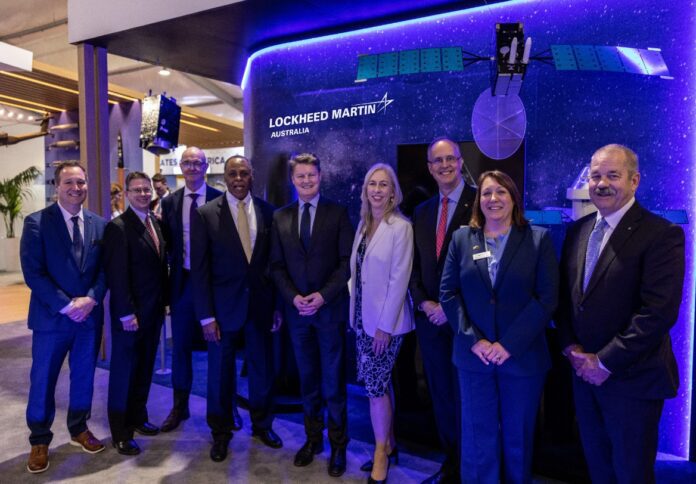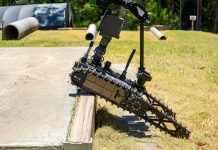
Lockheed Martin Australia announced its intention to collaborate with the Victorian Government to make the state the engineering and technical centre for their planned JP9102 solution.
Under the proposal, Lockheed Martin Australia would invest in infrastructure and programs in Victoria to support the delivery of a Military Satellite Communications (MILSATCOM) solution for defence.
Should it be successful, the investment would lead to the creation of over 200 new jobs in Victoria’s advanced space industry, according to a news release.
Victoria’s Minister for Manufacturing Sovereignty Ben Carroll lauded the company’s JP9102 proposal and noted that it might hasten the development of the state’s space sector.
Meanwhile, Lockheed Martin Australia and New Zealand Chief Executive, Warren McDonald, emphasised the company’s 200-strong presence in the state through the STELaRLab HQ in Melbourne.
“Through STELaRLab we are currently partnering with universities from across Australia in critical areas such as space-based image exploitation, automated AI-based knowledge generation using neuro-symbolic reasoning, and developing world-leading sovereign technologies for space domain awareness,” McDonald explained.
He added that the proposed investments in infrastructure, high-skilled employment, and STEM programs are intended to make a significant contribution to ensuring Victoria’s space economy flourishes sustainably for decades to come.
David Ball, Lockheed Martin Australia’s regional director for Space, reiterated the significance of a resilient Victorian space industry capability.
“Lockheed Martin Australia is committed to delivering a sovereign, operationally superior MILSATCOM system that meets Australia’s strategic needs,” he said.
Ball noted that the company will support Victoria’s industry and research groups in their collaboration and development of cutting-edge space technologies to help assure the resilience of such capabilities into the future.
“By forging new space technologies and industries we will inspire future generations of Victorian students to consider exhilarating space careers,” he added.



















